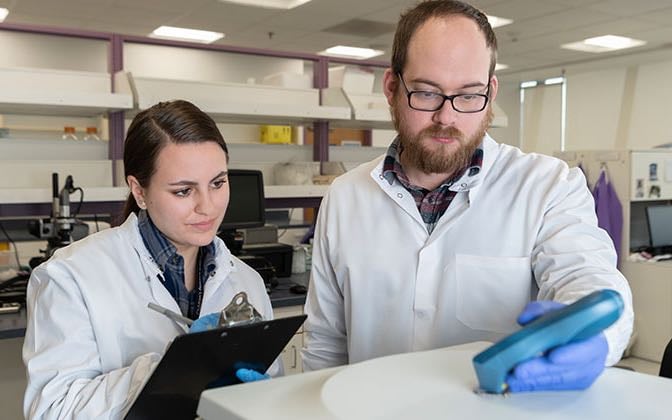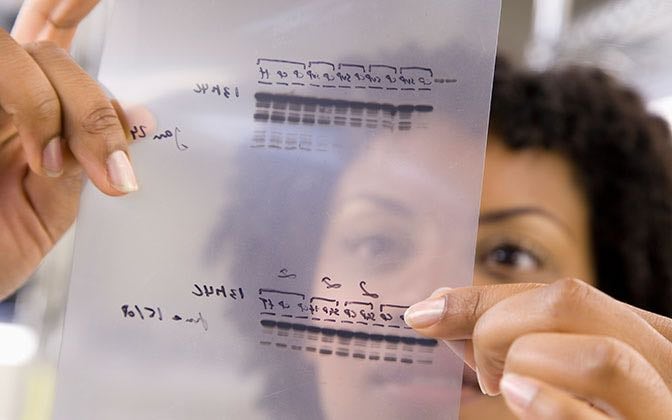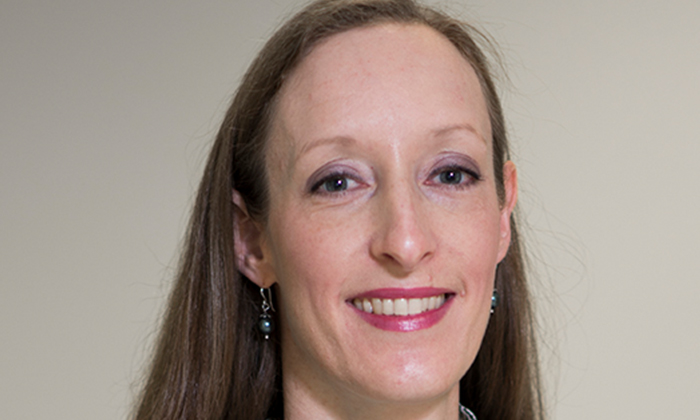Childrens National Research Institute
Kids are at the heart of every investigation at Children’s National. Our researchers discover new treatments and pursue cures for conditions such as asthma, epilepsy and sickle cell disease.
Please email Kerri Yoder Hubbard to learn more.
Breakthroughs for Children Fueled by Generosity

Endowed Professorships
Endowed professorships play a key role in our work to transform children’s health. Each reflects a donor’s vision to improve care today and for generations to come. Endowments enable our professors to make timely investments in research and innovation. This leads to breakthroughs and more smiles on children’s faces.

A Network for Rare Disease Clinical Research
Donors help us make new discoveries. This is particularly important for rare diseases. Generous support helped launch a consortium of research sites led by Children’s National to study urea cycle disorders. Families nationwide contribute to this research while receiving lifesaving care.

Data Driven Medicine
Our new Precision Health Data Program uses information technology to improve care quality and safety. This includes state-of-the-art genomic sequencing. Help us harness data to uncover new solutions for serious childhood conditions.

Dr Mulkeys Story
Our prenatal and neonatal neurologist Dr. Sarah Mulkey is devoted to learning how research of babies’ brains can help predict their future health and well-being. She’s studying young children whose moms tested positive for COVID-19 while pregnant. “Unless we look for answers, we might miss them."


